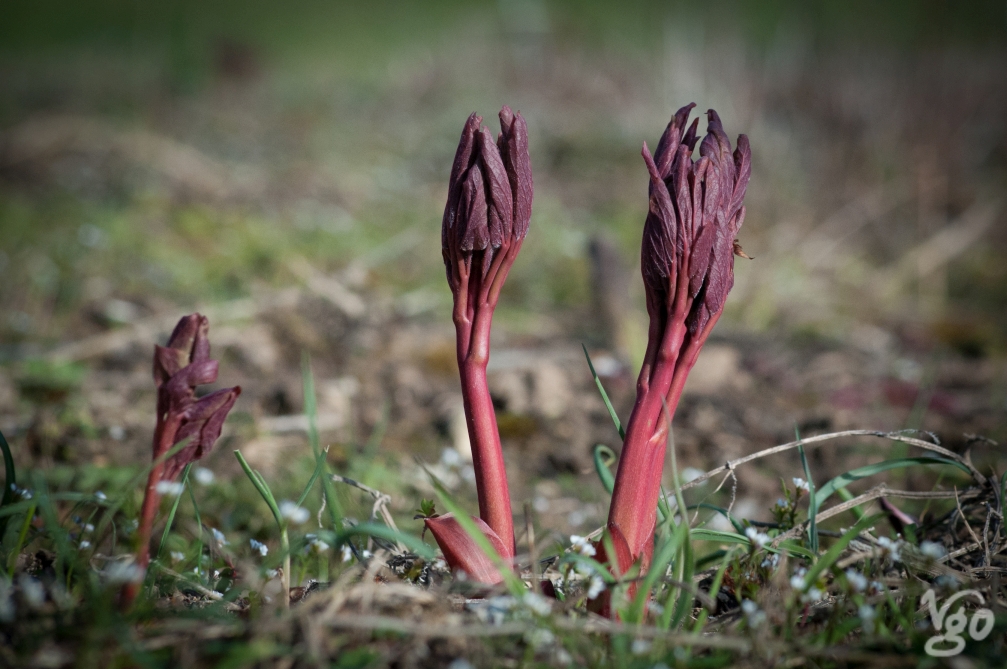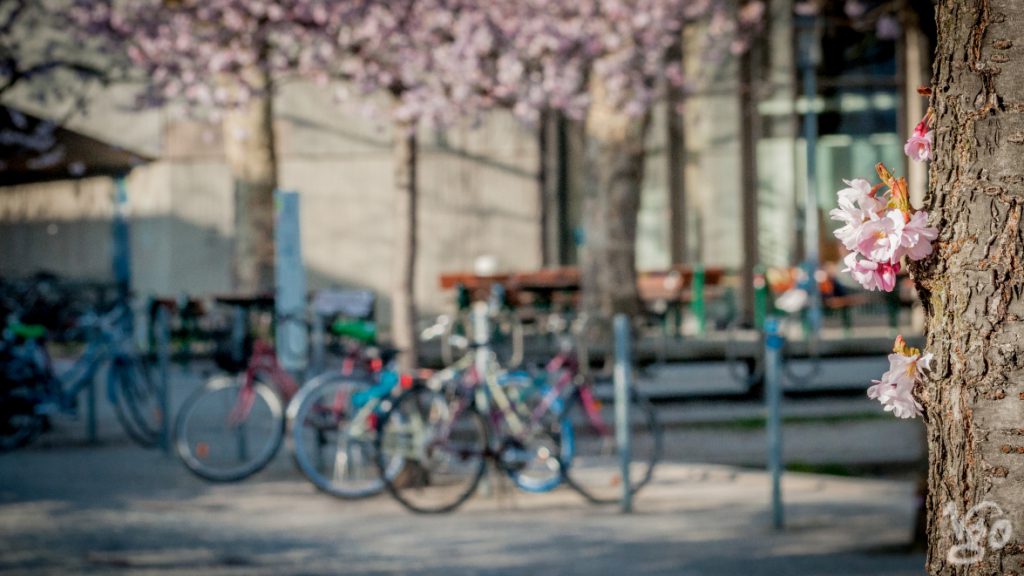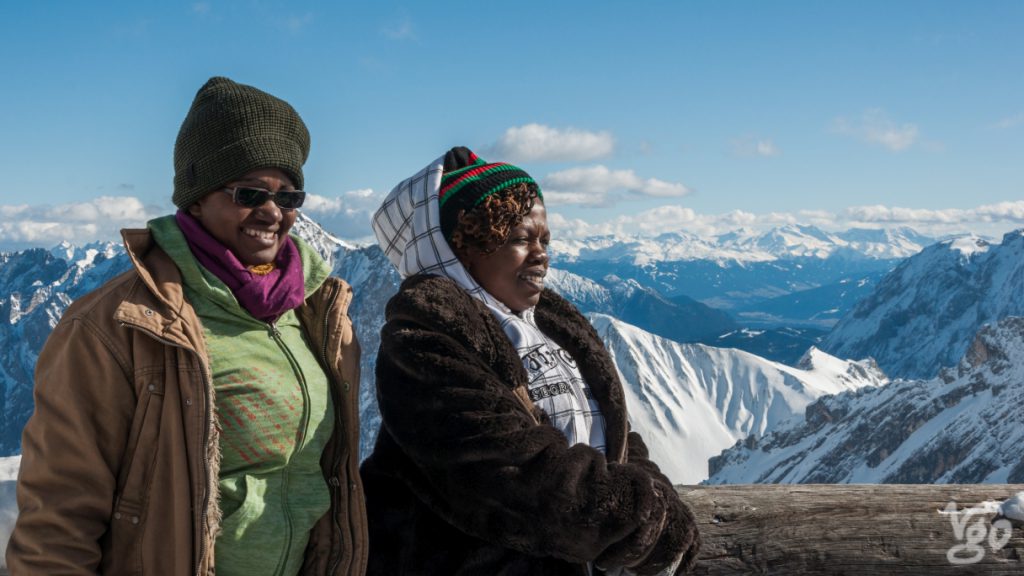I have been given the privilege
To hold my breath
To make this choice:
I cannot watch that video
I will not watch that video
To see
How George Floyd is being killed
To hear
How George Floyd is being killed
To hear
His breath failing as he tells the whole world so
And Derek Chauvin
On duty
To see
Derek Chauvin killing George Floyd
On duty
Chimz in b/w
Currently, I have been intrigued again by b/w images. So, without any further ado, here some recent shots of my beautiful wife and favourite model 😉
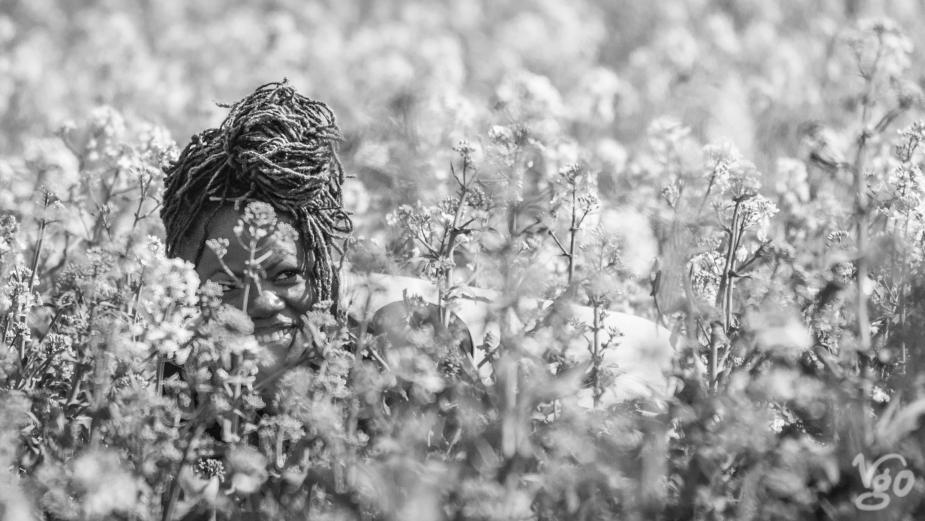
“Thanks for supporting me!”
The other day, as I was passing by the small flower shop on the way back from the bakery, one of the differences between my life in Africa and my life here in Europe came to mind: Shop keepers everywhere I’d been in Africa would send me off saying “Thanks for supporting me!” Initially I found it surprising. Here in Europe, buying something is a business transaction, object-centred, usually. You’re not meant to bond with the shop keeper, usually. If there’s emotions involved, they’re yours, only to be shared with friends & family. Usually. Shopping in Africa, on the other hand, seemed more people-centred: you chat, connect in various ways – like actual people. As a customer, you wouldn’t just buy a thing, instead in doing so you quite consciously supported somebody who’s earning a living with that business.
You may have noticed that I added “usually” a few times in the previous paragraph. You’ll probably agree that whatever “usually” usually refers to has seen a severe rupture these past few weeks during which we’ve been struggling with a virus that is invisible to the naked eye while it is leaving a trail of mortality, vulnerability, anxiety and polarization behind. Whereas the virus is only visible with the help of the strongest microscopes (or so I think), its impact works like a microscope popped onto society, under which various structures, our pre-existing conditions, become more magnified, and hence better visible. Pre-existing conditions, they say, make you more vulnerable to it. I find that quite rich.
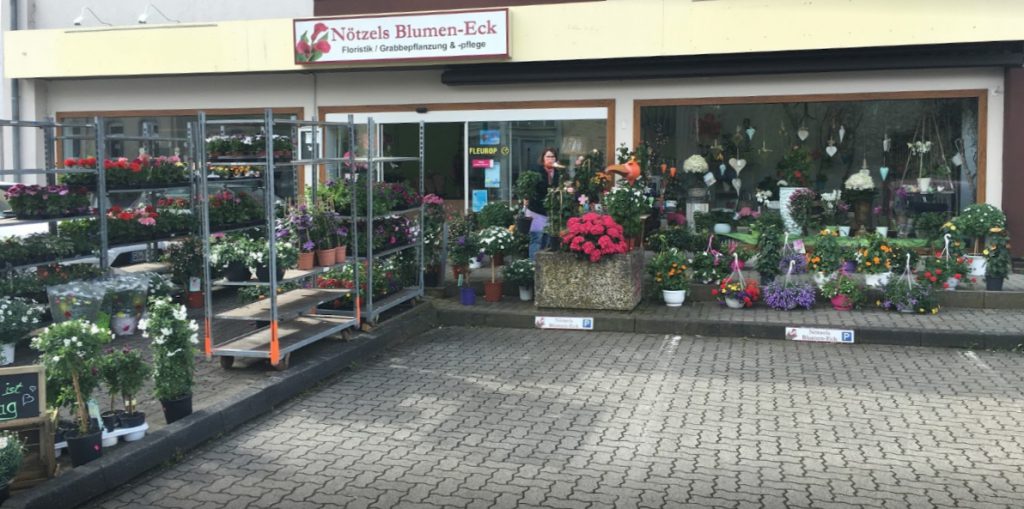
Spring has sprung – 2020
The memory of water
Constant dripping, so the saying goes, wears away the stone. Yet, everyone who has visited a karst cave with their often astounding richness in rock formations will know otherwise: constant dripping creates the stone! Now, any speleologist (academese for cave expert) may frown over my lax use of the term “stone”. Fine, of course I mean those pillars and bumps and other formations expertly called stalagtites, stalagmites and stalagnates. Water drops, sintering through the earth and rocks that form the ceiling of a cave, containing minerals and other material, carry that material into the cave, where it slowly builds up into said formations. Talk about slowly – think tens of thousands of years, and then some.
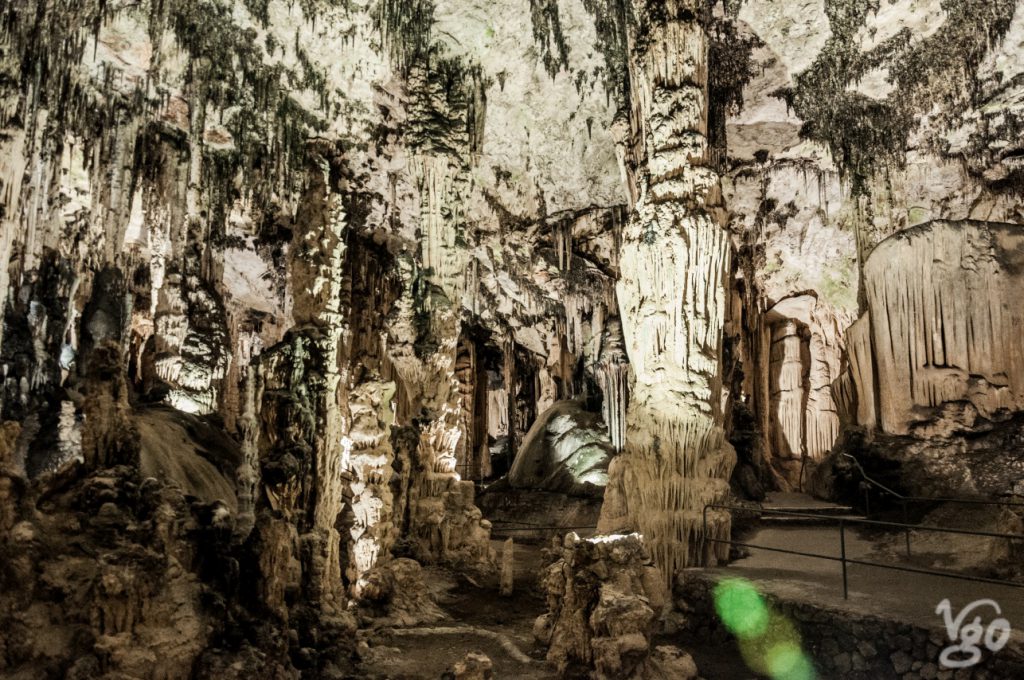
We willed it
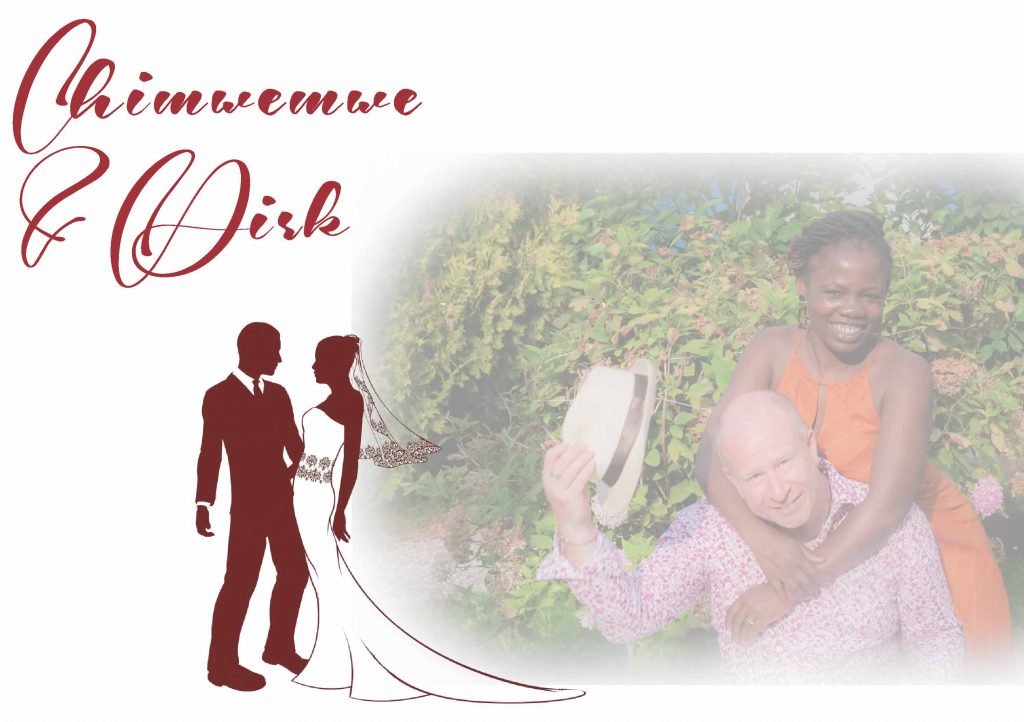
Ladies and gentlemen, I’m a married man! My partner Chimwemwe “Chimz” and I got married on Valentine’s Day this year. Four and a half years ago we first met at Lake of Stars in Malawi, stayed in touch, met up when I travelled Africa in 2017. After that, Chimz would come to join me in Jo’burg as often as was possible (here and here and here), and we’d travel quite a bit through Zim and Zam (here and here), and of course through her homeland Malawi, last in September 2019. Two trips to Germany later (here and here and here), we’d made it happen – against all odds. For us.
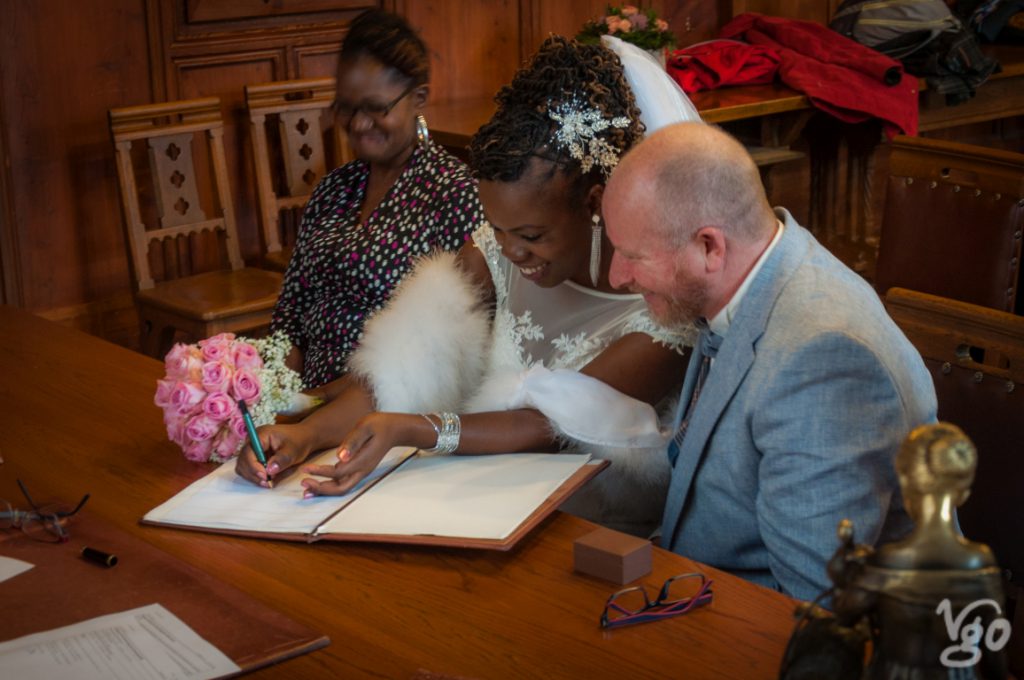

When you want to get married in Germany
We knew it wasn’t going to be easy, and now that we’re happily married it may seem strange to go back to all those obstacles that were raised by one authority or another, by all those snide remarks that were thrown at us, racist micro aggressions which people here in this country are still largely unaware of. Although some of my friends avoided the trouble of getting married here in Germany and went to Denmark where things are easier, I didn’t want that to become a wedding tourist. I find as a citizen of this country I can expect service delivery re what the laws entitle me to get. I didn’t want the local authorities to get away with making it sound difficult. I wanted to make them work for us!
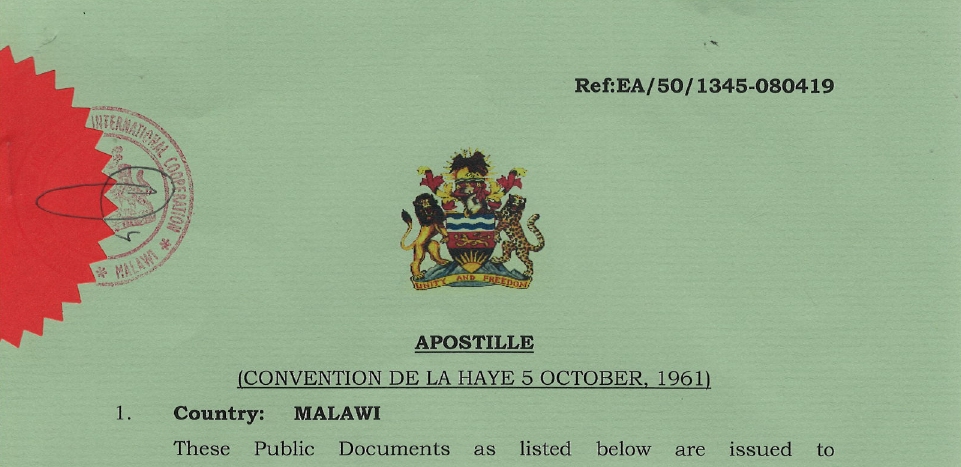
First generation: “Zivildienst” in East Germany
Thirty years ago, I was one of those who for the first time in East German history were allowed to do Zivildienst, an alternative service instead of the compulsory military service. I received the letter around 15 March 1990, three days ahead of the national elections that were my first (I had turned 18 in January) – and due to to the victory of the CDU were known to be the last of an independent East Germany. Months later, in the night of 23 August 1990, the East German parliament decided to join the jurisdiction and political structure etc. of West Germany. They submitted (sic!) their decision to the West Germans after monetary union had already become effective by the end of June, and a decision for re-unification had been agreed on between the governments. At midnight 3 October 1990, East Germany a.k.a. GDR seized being an independent political unit, and until then we were her first and last Zivildientleistenden.
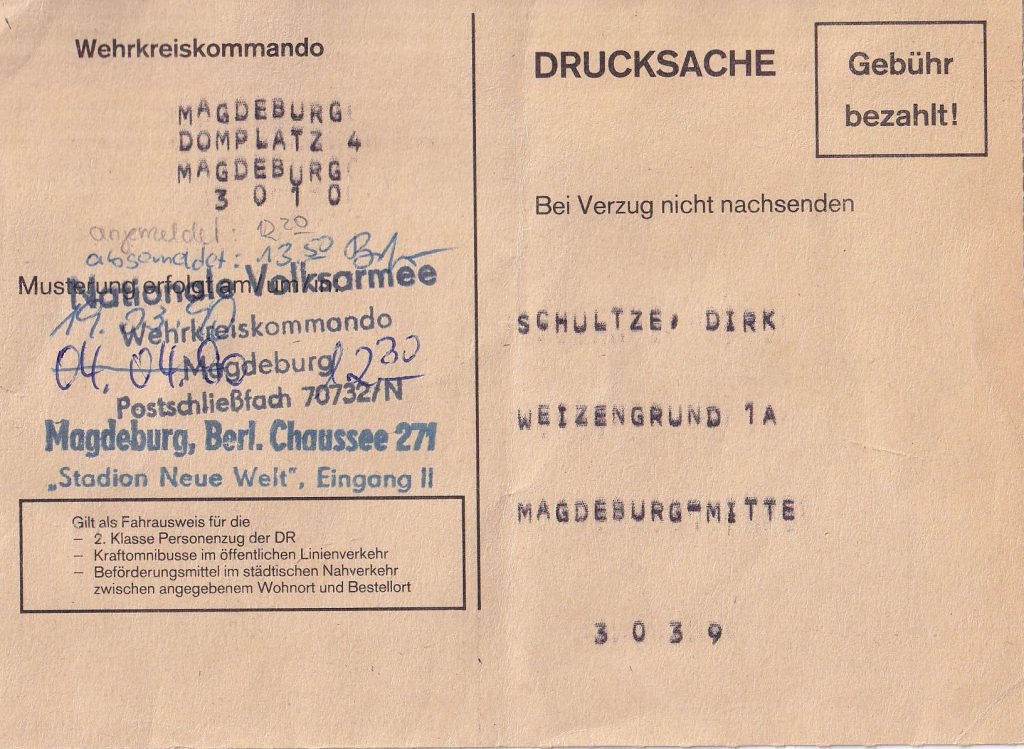
Winter in Germany 2020; Magdeburg, Munich, and “shoe pizza” (alias Zugspitze)
Take leaf
The bride stands clad in colourful dress
Succulent of summer’s sumptuousness
A white wedding’s been decreed


